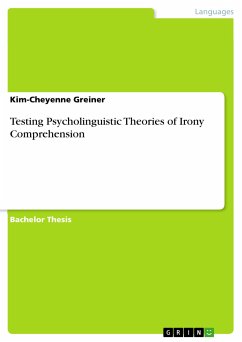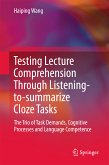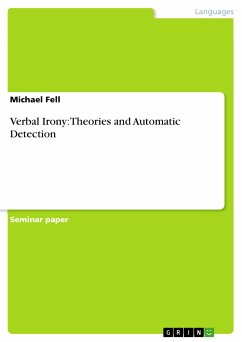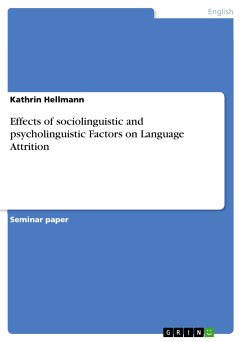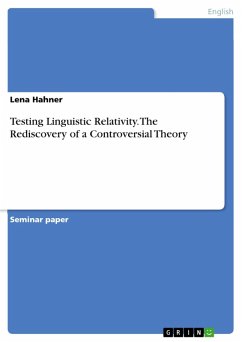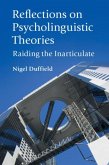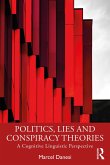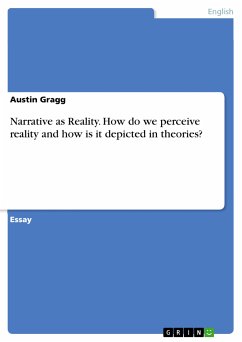Bachelor Thesis from the year 2016 in the subject Speech Science / Linguistics, grade: 1,3, University of Freiburg (Philologischen, Philosophischen und Wirtschafts - und Verhaltenswissenschaftlichen Fakultä), language: English, abstract: Making sense of nonliteral language, like irony, has been a hot topic in pragmatics and psycholinguistics for quite some time. Since the '70s, there's been an ongoing debate on whether context helps us grasp figurative language early on or if we always default to the basic, context-independent meanings of words. This paper digs into the specifics of irony processing, focusing on key psycholinguistic theories that aim to shed light on how people interpret ironic expressions. Among these theories, three stand out: the standard pragmatic model (Grice 1975; Searle 1985), the direct access view (Gibbs 1994), and the graded salience hypothesis (Giora 1997; 1999). The graded salience hypothesis, in particular, suggests that we always start with the most obvious, context-independent meanings of words. Recent research by Giora, Givoni, and Fein (2015), however, challenges this idea. They propose that sentences with explicit negation of extreme or highly positive statements default to an ironic interpretation. This goes against the graded salience hypothesis, which says that the most obvious meanings always come first. To untangle this debate, this paper presents findings from an online questionnaire study. The focus is on sentences with explicit negation in different contexts. Participants have to choose between literal and ironic interpretations, giving us insights into how context affects the understanding of ironic statements.
Dieser Download kann aus rechtlichen Gründen nur mit Rechnungsadresse in A, B, BG, CY, CZ, D, DK, EW, E, FIN, F, GR, HR, H, IRL, I, LT, L, LR, M, NL, PL, P, R, S, SLO, SK ausgeliefert werden.

